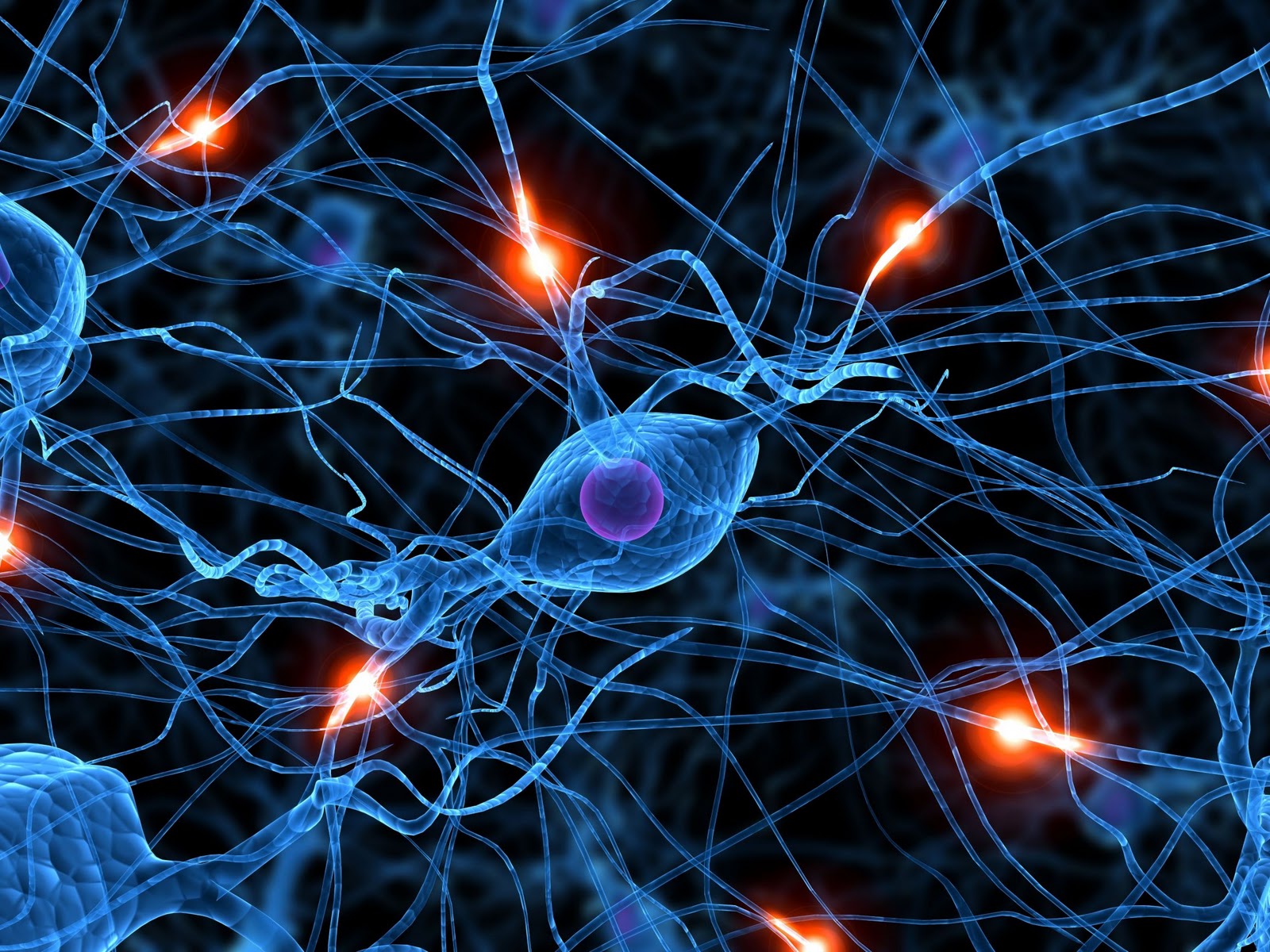Image courtesy of NeurAventura.
The prenatal period is an incredibly sensitive time for fetal brain development. While we know that smoking and drinking during pregnancy can negatively impact the fetus, a new study published in Lancet Psychiatry in February of this year suggests fetal exposure to inflammation may also have significant implications for healthy brain development.
Led by Dana Allswede, a postdoctoral student in Yale’s Psychology Department, a team of researchers measured maternal concentrations of cytokines, which are proteins involved in inflammatory responses. In their study, they found that high levels of these pro-inflammatory molecules during early pregnancy could influence the development of psychotic disorders.
The researchers looked at babies who were diagnosed with schizophrenia, or a bipolar or depressive disorder with psychotic features, and compared maternal blood samples from different moments in their gestation. In comparison to controls, they found that maternal concentrations of three pro-inflammatory cytokines were significantly higher in the first half of pregnancy in cases where the offspring eventually developed a psychotic disorder.
“We were lucky enough to have these blood samples from early pregnancy,” Allswede said. The group had access to data from the National Collaborative Perinatal Project––an endeavor that began over sixty years ago, collecting samples from over fifty thousand women in various stages of pregnancy. While this database has been widely used, Allswede’s team’s investigation is the first to use samples respective to the first trimester to specifically examine maternal cytokine concentrations. Looking at early pregnancy, an incredibly formative period in prenatal development, helped researchers further understand the timing of risk for psychotic disorders. “The framework of our brains is being grown in prenatal development,” Allswede said. “If something is just a little bit off, that’s a scaffolding that everything else is built off of for the rest of your life.”
The study’s results highlight the significance of early fetal development for the risk of neurodevelopmental disruptions. While maternal cytokine levels have the potential to interact with other risk factors for psychosis, this research could inform preventative interventions targeted at the prenatal and early neonatal period.

